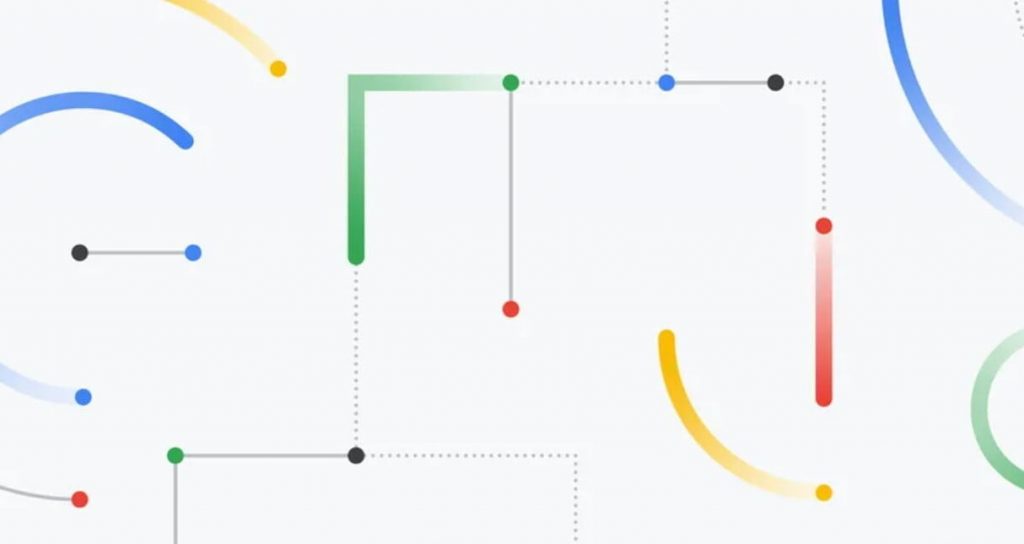Google has officially announced the development of its newest language model, Bard. The model is set to compete with OpenAI’s popular language model, GPT-3 (Generative Pre-trained Transformer 3). Google CEO Sundar Pichai announced Bard on the company’s blog Monday, calling it “an important next step” in AI for the search engine giant.
Bard is a state-of-the-art language generation model that is capable of producing human-like text. It has been trained on a diverse range of data sources and can generate text in a variety of styles and tones. Google has stated that Bard has been designed with the goal of providing a more open and accessible language model to developers and researchers.
“Bard seeks to combine the breadth of the world’s knowledge with the power, intelligence and creativity of our large language models,” Pichai said. “It draws on information from the web to provide fresh, high-quality responses.”
According to a video published by Pichai on Twitter, users may use Bard to evaluate two Oscar-nominated movies, come up with lunch suggestions based on the contents in a person’s refrigerator, or learn about the latest James Webb Telescope discoveries.

Google has been working on improving the capabilities of its language models for a while now. However, this is the first time that it has made such a bold move into the language generation space. Google’s new model has been developed from the ground up to tackle the limitations of current language models.
Bard has been designed to address the issues of bias, data privacy, and cost that have plagued other language models like GPT-3. The model has been trained on a diverse set of data sources and uses Google’s advanced algorithms to ensure that it generates text that is fair and unbiased. Additionally, Google has made sure that the data used to train Bard is carefully selected to ensure privacy and security.
Google has also taken cost into consideration while developing Bard. The company has made the model available on its cloud computing platform, Google Cloud, making it accessible and affordable to developers and researchers. This is a major advantage over GPT-3, which is only available through OpenAI’s API and is quite expensive to access.

In conclusion, Google’s announcement of Bard marks a significant milestone in the development of language generation models. With its focus on accessibility, fairness, privacy, and cost, Bard is set to become a major player in the field. Developers and researchers are eagerly awaiting the release of Bard and it will be interesting to see how it stacks up against GPT-3 in the coming months.


